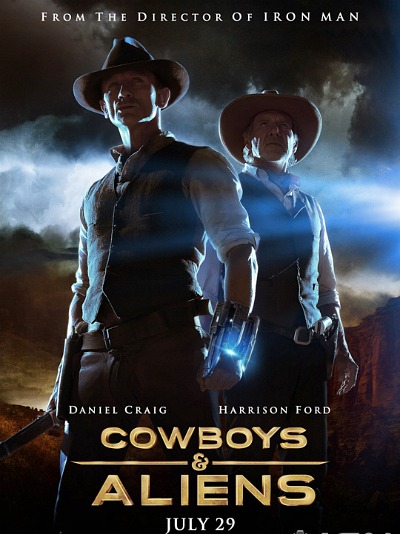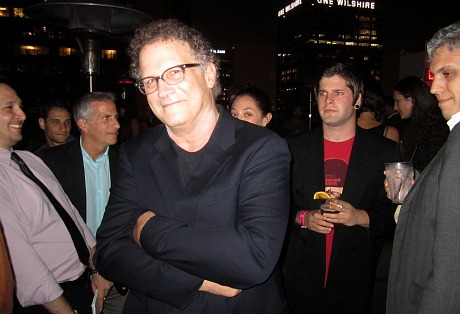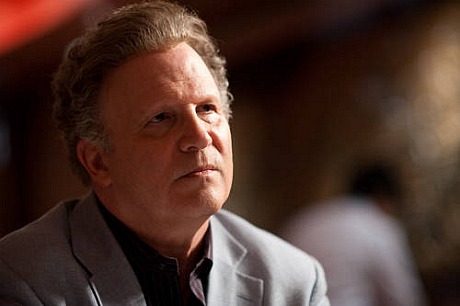This morning at 8:51 am Glenn Kenny (@ExtAngel) tweeted that “reams and reams of furious debate and still no input from @wellshwood means ‘cultural vegetables’ (being re-discussed by Dan Kois, A.O. Scott and Manohla Dargis in tomorrow’s N.Y. Times) is really a complete non-issue.”
I didn’t get into it because I said it all on 5.4 in response to Kois’ original N.Y. Times Sunday Magazine article, and I was re-posting an old piece at that. Because I’d addressed the issue 12 years ago in an essay that basically said that vegetable-like, ever-so-slightly boring films are generally necessary, sometimes nurturing and almost always worthwhile.
(1) “Quality movies flirt with being boring from time to time. A good kind of boring, I mean. Nutritional, Brussels-sprouts, good-for-your-soul boring. So in the backwash of our constant cultural deprivation, ‘a little bit boring’ is a serious compliment these days. You just have to mean it (or hear it) the right way.”
(2) “It’s important to understand the degree of boring I’ve speaking of here. I don’t mean sinking-into-a-coma boring. Or regular boring. Or even mildly boring. But a little bit boring.
(3) “My point is, it’s often a mark of quality if something is a little bit boring. But I do mean a little bit. Too much of it and you’ll go to sleep. There are dozens of films released every year that are wonderful sleeping aids. I’m not talking about those. I’m talking about films that are laced with boredom. Like a couple pinches of salt in a bowl of egg salad. Just the right amount of it is usually an indication that a film is doing something right.”






